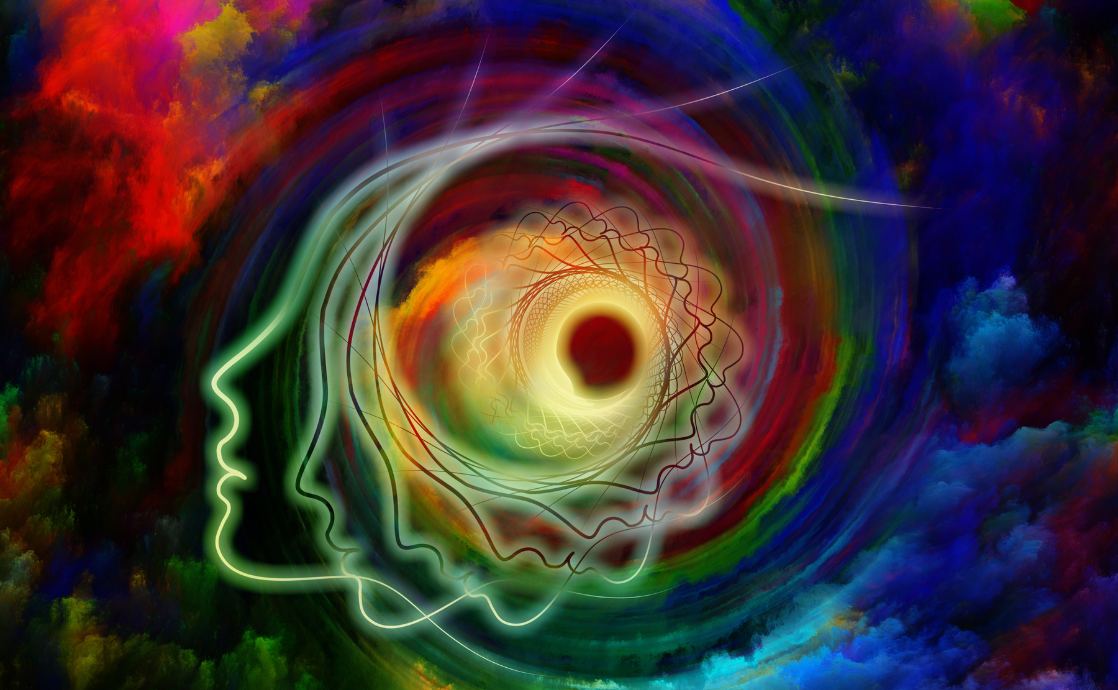The exploration of human perception is a multifaceted inquiry that traverses the realms of philosophy, physiology, and spirituality. Within Bahá’í teachings, this inquiry assumes a profound significance, as it invites individuals to ponder not only their sensory experiences but also the implications these experiences have on their spiritual and intellectual growth. The age-old question—do we have five senses, or many more?—serves as a catalyst for deeper reflection on how we engage with the world around us, and the potential for expanding our awareness beyond conventional limitations.
Historically, human beings have traditionally recognized five primary senses: sight, hearing, taste, touch, and smell. These modalities provide a robust framework for interacting with the environment. However, an array of alternative perspectives exists, suggesting that the human experience encompasses a far richer tapestry of sensory modalities. The Bahá’í Faith encourages an exploration of these dimensions, aiming to awaken the inherent potential of the individual to perceive reality at multiple levels.
At its core, the Bahá’í viewpoint posits that our senses are not merely biological instruments; they are conduits to higher understanding. This belief invites contemplation of what might be considered as ‘secondary senses.’ These could include intuition, emotional perception, and even spiritual insight. Each of these senses, although not traditionally categorized within the conventional five, plays a significant role in shaping our understanding of existence. They allow us to navigate complex emotional landscapes, to develop empathy, and to appreciate the subtleties of human connections.
A fascinating observation arises when one considers the interplay between these ‘secondary senses’ and the foundational five. For instance, the capacity for intuition might stem from a synthesis of sensory information, culminating in instinctual guidance. An emotionally charged experience can heighten our awareness of our surroundings, prompting a richer engagement with the world. This invites the contemplation of whether the senses we recognize are, indeed, merely the tip of an expansive iceberg of human perception.
In Bahá’í teachings, the notion of expanding one’s perceptual faculties is intertwined with the emphasis on personal development and spiritual awakening. Each individual has unique capacities that, when nurtured and cultivated, can lead to an enriched understanding of both self and universe. This implies an imperative to explore not only the physical dimensions of existence but also the emotional and spiritual realms. The teachings articulate that a wider acknowledgment of our perceptual capabilities can facilitate transformative experiences and foster a more profound sense of connection to the divine and one another.
Moreover, the philosophical implications of questioning the limitations of our senses transcend mere intellectual discourse. They evoke an existential inquiry into the nature of reality itself. Are we to consume reality as it is presented through our senses, or are we beckoned to peel back layers and discover deeper truths? This duality invites individuals to engage critically with their experiences while nurturing an awareness of a transcendent reality that exists beyond mere sensory perception.
Further analysis reveals that cultural contexts significantly influence our perceptions, constraining or liberating them in various ways. Bahá’í teachings advocate an inclusive and global perspective, recognizing the diversity of human experience. Different cultures may emphasize distinct senses or modes of engagement with the world, which can either expand or diminish our understanding of the human condition. This invites a communal exploration where individuals can learn from disparate perspectives, fostering empathy and collective growth.
In the realm of spiritual practice, the Bahá’í approach underscores the importance of refining one’s spiritual faculties. Meditation, prayer, and engaging in acts of service are paramount in nurturing our awareness beyond physical stimuli. Through these practices, individuals may tap into deeper senses—those that resonate with the soul and the human spirit. Consequently, the soul’s perceptual capabilities align with our innate quest for truth, beauty, and a connection to the divine.
Furthermore, the relationship between sensory perception and knowledge acquisition cannot be overstated. Traditional epistemology values empirical evidence gleaned through the five senses as the cornerstone of knowledge. However, Bahá’í teachings suggest that wisdom and understanding extend beyond empirical validation. Intuition, moral insight, and emotional resonance serve equally potent roles in discerning truth. The challenge is to embrace a holistic approach to knowledge, acknowledging that multiple sources contribute to our understanding of reality.
To conclude, the inquiry into whether humans possess merely five senses or a multitude of perceptual faculties is a profound one, and the Bahá’í teachings provide a rich framework for exploration. This dialogue necessitates an acknowledgment of both conventional and unconventional ways of perceiving the world. By embracing a more expansive view of sensory experience, individuals may cultivate their potential, engage with the mysteries of existence, and deepen their connection to one another. The journey towards understanding the myriad ways we interact with reality ultimately leads us back to the essence of the Bahá’í philosophy: that we are all interconnected, bound together through the shared pursuit of truth and the elevation of the human spirit. As we explore the depths of our sensory and spiritual capabilities, we are beckoned to illuminate the path for ourselves and others in an intricate dance of perception, enlightenment, and unity.
